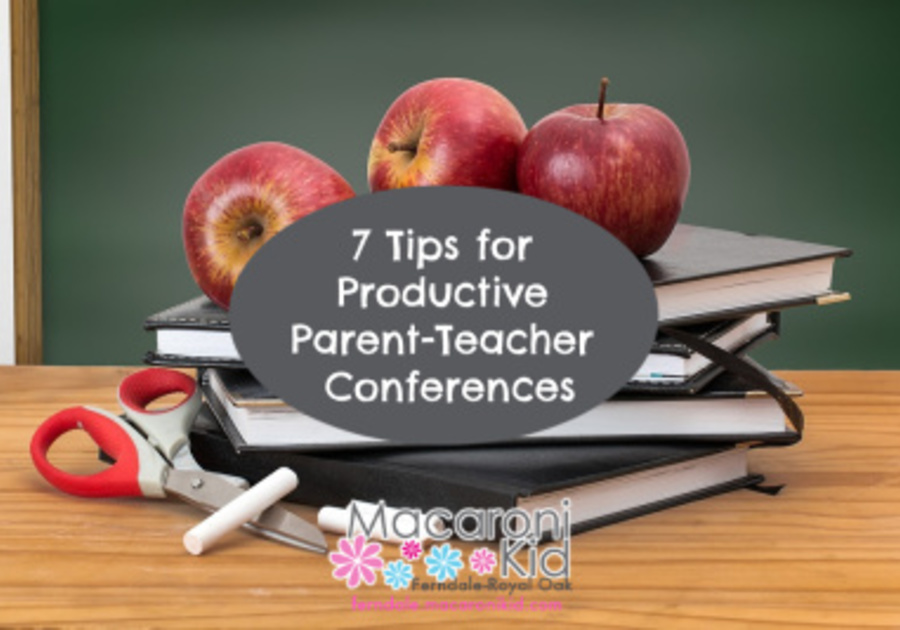A school motto embodies a strong message. At Hillel Day School, where I am the principal, our motto is Mind and Soul. Better Together. It boils down to the belief that the path to the highest level of performance involves both the brain and the heart, that great outcomes result when mind and soul act together, when we develop both logic and creativity, and get excited about both our tradition and innovation in learning.
Another combination that works better together are parents and teachers. The school-home relationship has a direct impact on the mind and soul of the child, and has an overall impact on the student’s emotional, social, and academic success.
One way to strengthen the relationship between the parent and teacher is through parent/teacher meetings, whether at formal conferences, or at other points in the school year. An intimate setting, and two-way communication, provides an opportunity for parents and the teacher to focus on their common goal: the safety, happiness, and learning of the child.
Going into any meeting, it’s important for both the teacher and parent to maintain the mindset of a partnership. For a partnership to succeed, participants should feel at ease, content, and trusting at the conclusion of a meeting, and throughout the school year. Here are a few tips:
- Focus on your child. Refrain from talking about other students. Each moment you choose to focus on a peer, you lose out learning about your child.
- Leave your own experience at the door. As a parent, it can be hard to let go of your schooling and childhood experience, whether social, emotional, or academic. School is different now, and your child’s experience is unique to him/her. Kids today need to learn how they learn, and how best they deal with issues. These tools help them become more self-aware, and give them confidence to tackle adversity.
- Accept mistakes. It’s not always easy to hear areas in which your child needs improvement, but remaining open allows the best possibilities for improvement. If a teacher provides information about your child that seems less than stellar, it is okay! It’s important that parents are role models for their children, and show it is okay to make mistakes; this is how we learn and grow. Be sure to refrain from making excuses for your child, or blaming an external factor, as this ignores the issue at hand.
- Share honestly. Provide useful information for the teacher that may impact the emotional, social, or academic well being of your child. Be honest about any happenings outside of school. It’s okay to be vulnerable; teachers are not there to judge you, your family, or your child. The honest information helps the educator understand your child better and accommodate for his/her needs. Celebrate your child’s passions and interests, too!
- Set goals. Come prepared with goals for your child in mind. After hearing what the teacher says, make goals together, as partners. These goals should be individualized for your child.
- Talk to your child beforehand. Explain to your child that he/she, the teacher, and the parents act as a team to provide the best possible experience for him/her at school. Tell him/her that you attend meetings to gain the perspective of the teacher. During the conversation, find out what your child feels his/her strengths are in school, and what are areas for improvement. Ask your child what he/she would expect his teacher(s) to say. Discuss goals together.
- Lastly, if your school allows for your child to attend formal parent-teacher conferences, bring him/her. He/she is part of the partnership and is, in fact, the most important factor. Remember, teachers and parents are coaches; the child is the player on the team.
Melissa Michaelson is principal at Hillel Day School of Metropolitan Detroit
Does your organization or business have valuable tips to share with our readers? Email Karen at karene@macaronikid.com !



